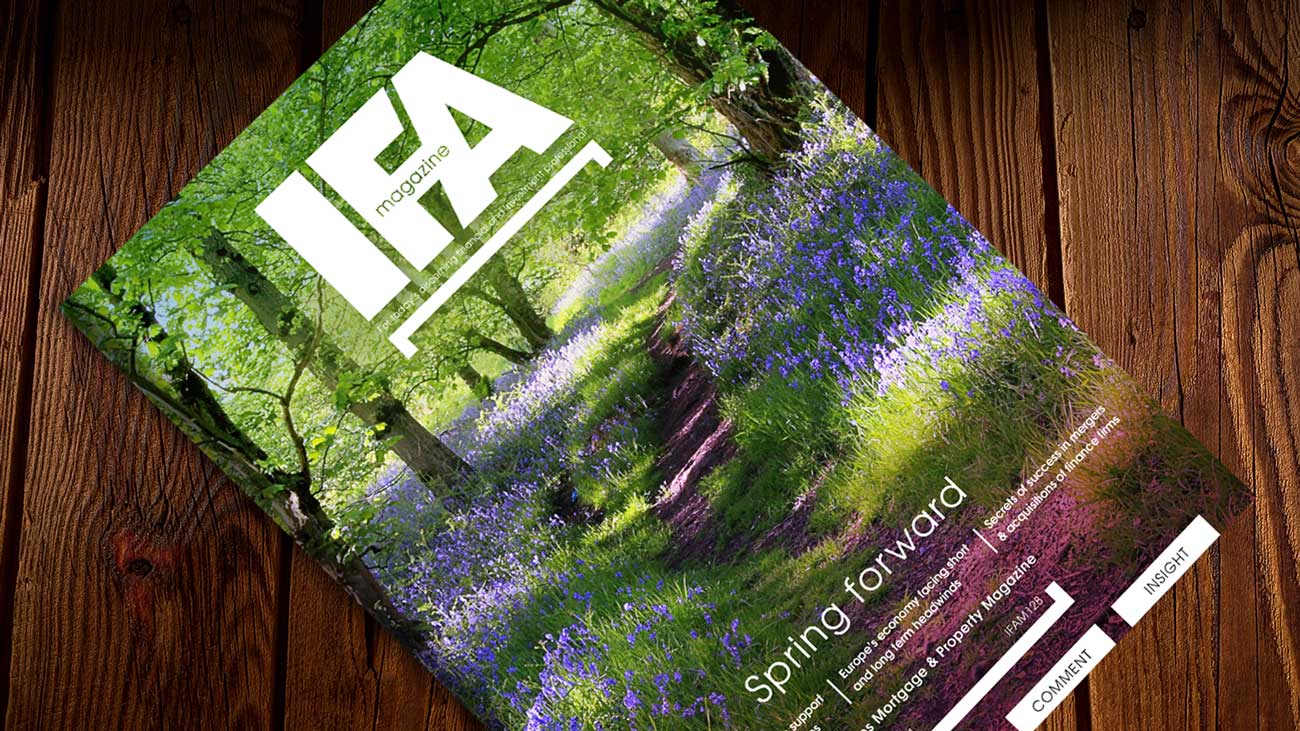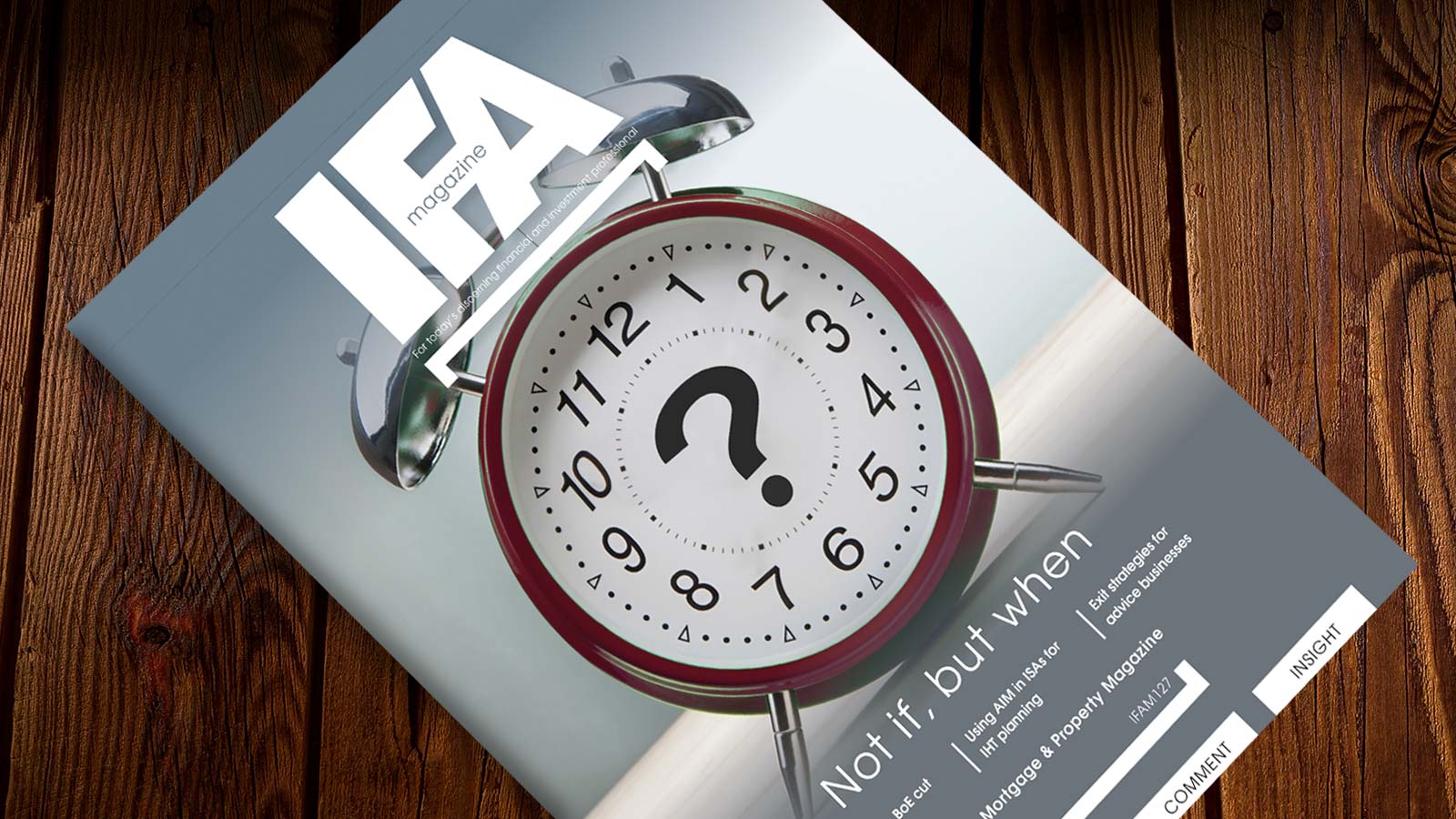After the Bank of England (BoE) cut interest rates earlier this morning, the biggest reduction seen since March 2009, the Chancellor, Rishi Sunak, has outlined the Government’s spending proposals, putting a sword into the heart of austerity and instilling confidence in consumers and businesses.
The Bank reduced rates to 0.25%, from the already meagre 0.75%, and in doing so, offered a helping hand to Downing Street. Whoever thought that these two great pillars were independent should think again; the BoE and Government have fused increasingly together over the past decade and delivering allied announcements on the same day sits at the pinnacle of this relationship. The Central Bank also freed up £200bn of extra lending power to help banks support small and medium-sized businesses, with both monetary moves easing the pressure on Mr Sunak to make this the ‘Corona Budget’.
With the Coronavirus and oil crisis injecting chaos into global markets, the Chancellor had not been dealt the best hand on his first Budget. This, alongside the downgrade to UK growth expectations to their lowest since the 2009 recession, and news that UK GDP growth for January stagnated, fashioned a dreary backdrop for Mr Sunak.
Notwithstanding these challenges, the new Chancellor faced these tests head-on, dedicating a total of £30bn to support those impacted from the outbreak, including a £500m hardship fund to benefit local authorities. The Chancellor’s optimism and doggedness was reminiscent of Mario Draghi’s “whatever it takes” moment and will hopefully provide the stimulus needed to guide Britain through these tempestuous times.
The Chancellor was noticeably striving to satisfy the former Labour voters who offered a helping hand to the Conservatives in the 2019 General Election. The focus on the northern regions, together with the amending of the entrepreneurs’ relief, which lets business owners pay a reduced 10% capital gains for investments over £1m, previously £10m, and increasing the National Insurance Contributions threshold from £8,632 to £9,500 from April 2020, should gain traction with the former ‘red-wall’ voters, while making Britain a more equal society. Likewise, the commitment to increase the future minimum wage to £10.50 per hour, together with the abolishment of the tampon tax and the freezing of spirits and fuel duty, should work to the same effect. Despite these good intentions, the cutback to the entrepreneurs’ relief lifetime allowance could hurt future business development and entrepreneurism, and possibly deter foreign investors who were previously wooed by enticing tax breaks.
Continue reading article…

















